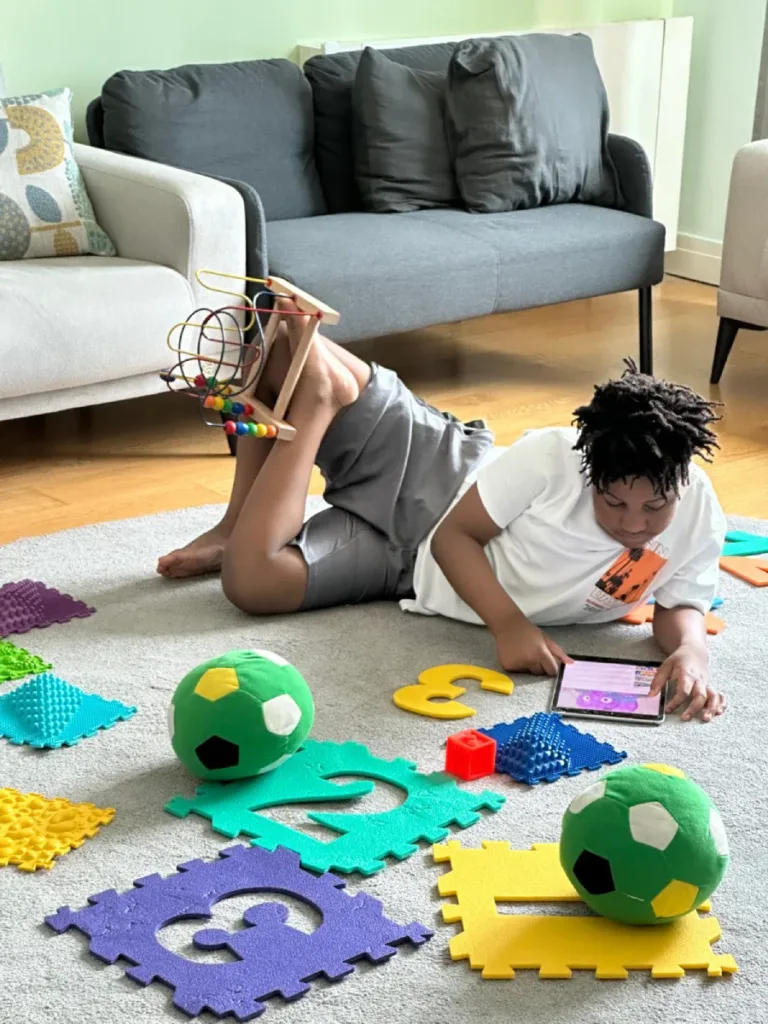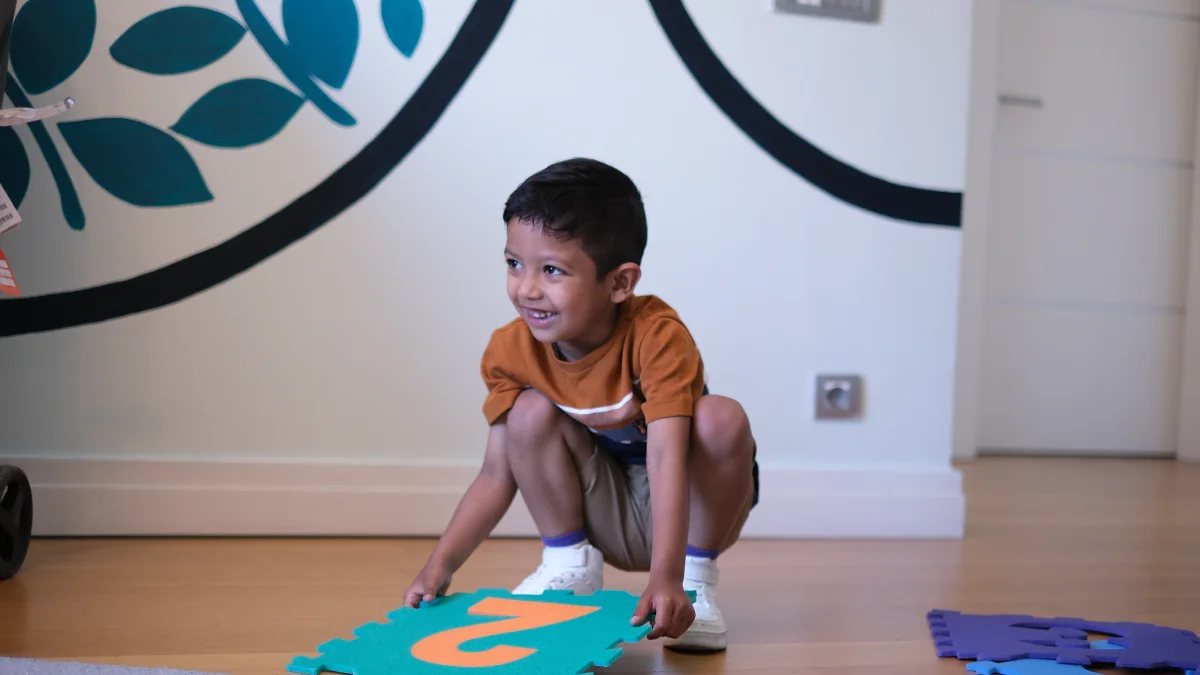Technology offers significant support for individuals with autism, helping them navigate daily life more independently and effectively. From enhancing communication to improving social skills, various applications and devices can provide valuable assistance. However, it is important to use these technologies in moderation, ensuring that screen time stays within limits set by experts. In this article, we will explore practical and accessible technological solutions.
Applications on Smartphones and Tablets
Smartphones and tablets are excellent tools for supporting the social and cognitive development of individuals with autism. Here are some standout apps:
- Avaz: This app, based on Augmentative and Alternative Communication (AAC), facilitates communication through symbols, helping individuals with autism improve their language skills.
- Otsimo: Developed for individuals with autism, Otsimo offers educational games and activities designed to enhance cognitive and social skills, particularly in children.
- Choiceworks: This app helps users plan and organize their daily routines, promoting independence and making it easier for individuals with autism to complete tasks.
Wearable Technologies and Sensory Tools
Wearable technologies and sensory tools can address the sensory needs of individuals with autism, helping them regulate stress levels and focus their attention.
- Sensory Bracelets and Fidget Toys: These items provide sensory feedback, helping individuals with autism calm down and focus.
- Vibrating Watches: These devices offer time management and reminder functions, supporting individuals in staying on top of their daily routines.
Voice Assistants and Smart Speakers
Voice assistants can encourage social interaction and communication skills for individuals with autism. They are also effective tools for organizing daily routines.
- Google Assistant: This assistant helps with setting reminders, retrieving information, and practicing verbal communication, offering a way for individuals to engage through voice commands.
- Amazon Echo Dot: This smart speaker offers calming music and sounds for individuals with autism. It also provides educational games and stories, supporting learning in children.
Educational Resources and Videos
Platforms like YouTube offer easily accessible educational and sensory content for individuals with autism, supporting their cognitive and social development.
- Super Simple Songs: This YouTube channel features simple educational songs and activities designed to promote language development, especially in young children.
- Sound Therapy Videos: These videos offer sensory relaxation, helping individuals with autism reduce stress levels.
Screen Time Balance
While technology offers many advantages for individuals with autism, it’s essential to maintain a balanced approach to screen time. Experts recommend that screen time, particularly for children, should be controlled and limited. Ensuring that individuals have enough time for social and physical activities is crucial for their overall development.
Conclusion
Technology plays a vital role in helping individuals with autism live more independently and effectively. Solutions such as smartphone applications, wearable devices, and voice assistants offer valuable support in many areas, from social skills to cognitive development. However, the conscious and balanced use of these technologies will provide the most benefit, ensuring that they contribute positively to overall development.

Sources
Otsimo app: “Game-based learning solutions for autism”, Otsimo Research, 2022.
Avaz app: “Alternative communication applications”, Avaz Technologies, 2021.
Google Assistant user guide: “Voice assistants for simplifying daily life”, Tech Innovations Journal, 2023.
